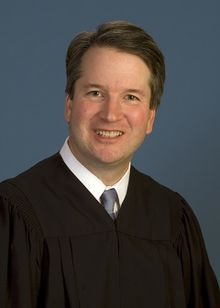In a recent Washington Post op-ed, Robert J. Samuelson considers whether public opinion is to blame for the problems in American democracy. One observation stands out:
[O]ur politicians are slaves to public opinion. Superficially, this should be reassuring. Democracy is working, because public attitudes remain the dominant influence–not “big money” or “special interest,” as many believe.
But it is not reassuring. The trouble is that public opinion is often ignorant, confused and contradictory; and so the policies it produces are often ignorant, confused and contradictory–which means they’re ineffective.
Some may read this as an indictment of the public, but we read it as an indictment of campaign finance “reformers” and their quixotic efforts to “get money out of politics.”
Elected officials will always be beholden to public opinion, and so it is important that members of the public have access to as much information as possible in forming their opinions. But disseminating that information costs money, sometimes a great deal of money. The consequence, therefore, of “getting money out of politics” is to also “get information out of politics.”
So to answer Mr. Samuelson’s question, if we’re going to place blame for the failings of democratic governance, rather than blame an ignorant public, we might first cast a critical eye on the proponents of policies that restrict the free flow of information and thereby contribute to public ignorance.
The read Samuelson’s entire op-ed, click here.














